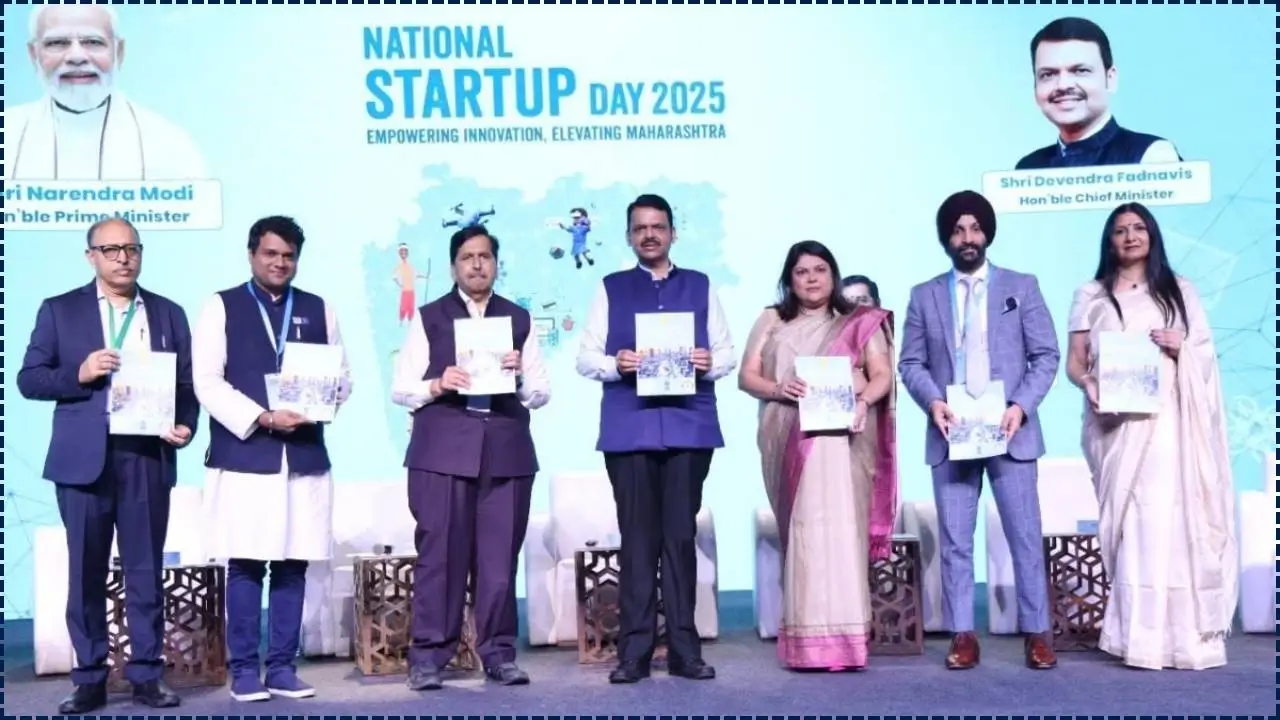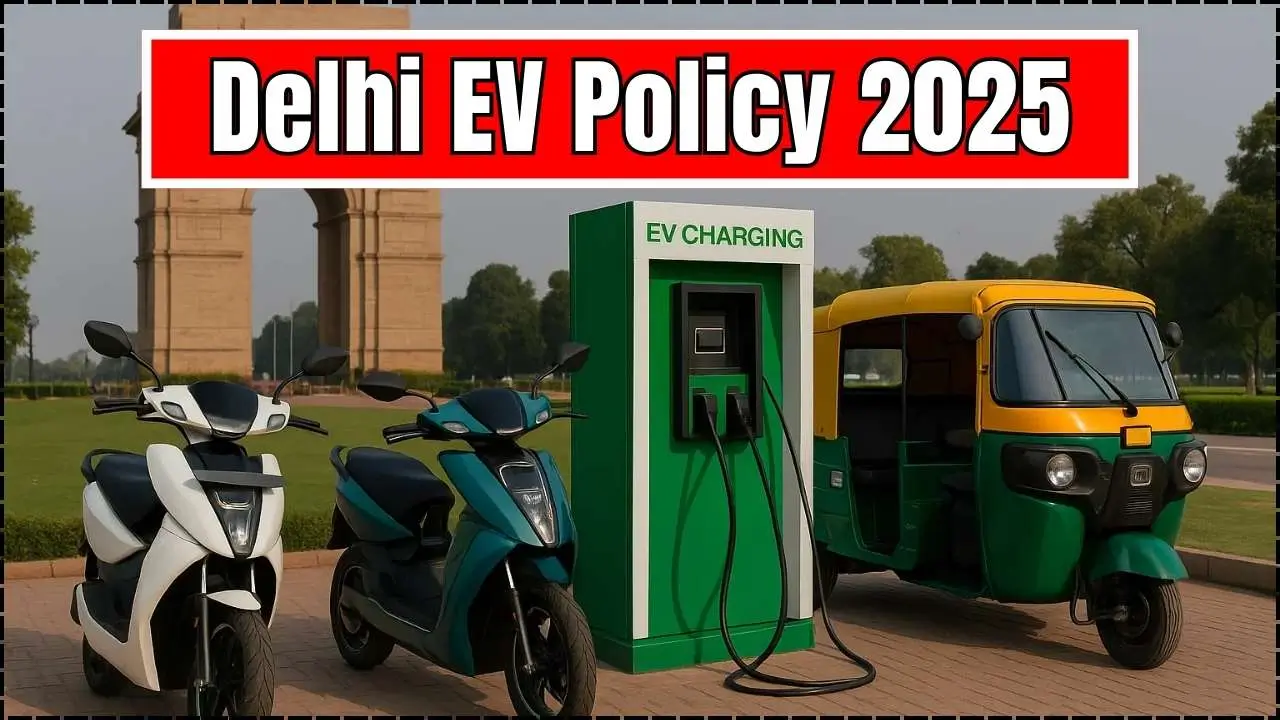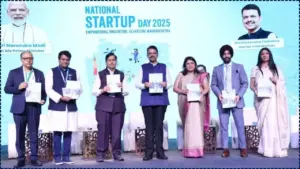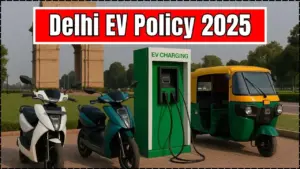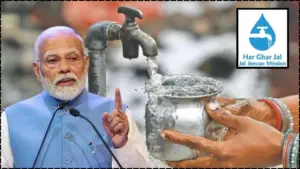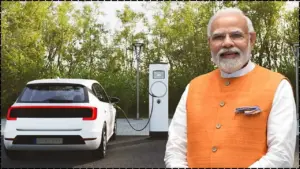India’s introduction of the biometric e-Passport is a profound step forward, not just in technology, but in enhancing the human experience of travel. This advanced document, with its biometric security, is a compassionate measure designed to protect citizens by making their journeys safer and more secure from identity theft and fraud. As the e-Passport becomes more widely available, it will transform the often-stressful process of international travel into a smoother, more dignified experience.
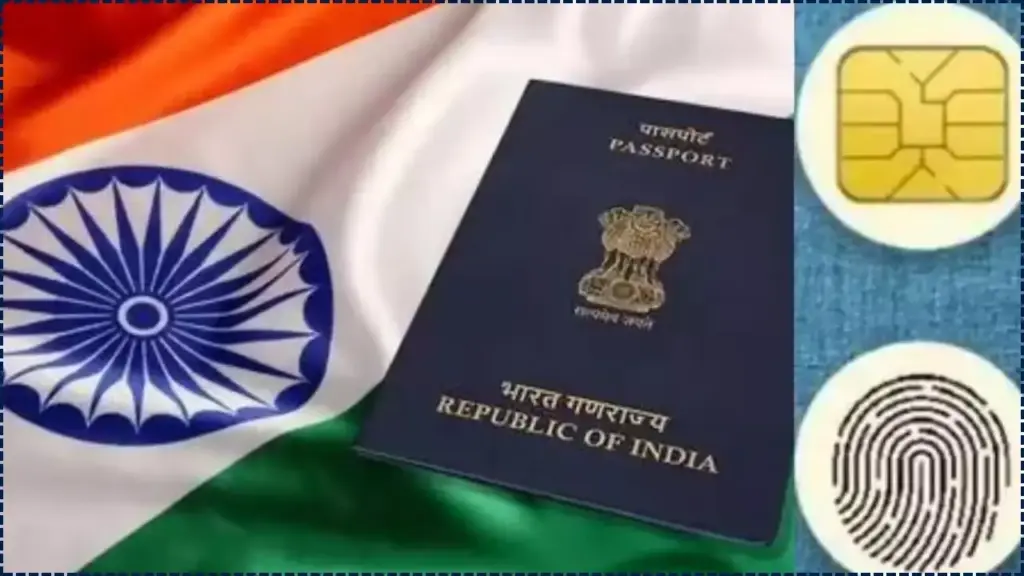
This modernization is a testament to a commitment to the well-being and convenience of every traveler, ensuring they can move freely and with confidence, whether for personal connection, business, or education. India has officially expanded the rollout of biometric e-Passports, offering citizens a more secure and globally recognised travel document.
The government’s initiative under Passport Seva 2.0 is intended to modernise the country’s passport system with electronic chips, biometric security, and faster verification. This article provides a clear explanation of the step-by-step online process for applying, who is eligible, and what documents are required.
What is a Biometric e-Passport?
An Indian biometric e-Passport looks similar to the current machine-readable passport but contains an embedded RFID chip that securely stores personal and biometric data. It complies with International Civil Aviation Organization (ICAO) standards, making it widely acceptable at global immigration counters. The chip typically stores:
- Holder’s personal details (name, date of birth, nationality).
- Biometric data such as fingerprints and photograph.
- Digital signature for verification.
According to the Ministry of External Affairs (MEA), the e-Passport rollout is expected to significantly reduce forgery and speed up immigration at airports.
Why India is Introducing e-Passports
Officials have pointed to several reasons for the shift:
- Enhanced Security: Harder to forge or duplicate.
- Global Compliance: Aligns India with over 120 countries already using e-Passports.
- Faster Processing: Enables quicker immigration checks at e-gates.
- Citizen Convenience: Digital storage allows better integration with government services.
The initiative is part of India’s broader digital transformation strategy.
Eligibility Criteria
Any Indian citizen eligible for a regular passport may apply for an e-Passport. This includes:
- Applicants seeking a new passport.
- Individuals applying for renewal or re-issue of an existing passport.
- Minors, with parental documents as required.
Currently, availability depends on whether your local Passport Seva Kendra (PSK) or Post Office Passport Seva Kendra (POPSK) has been upgraded with e-Passport systems.
Documents Required
Applicants must carry original documents and self-attested copies to their appointment. Commonly required documents include:
- Proof of identity: Aadhaar card, PAN card, or Voter ID.
- Proof of address: Utility bill, bank statement, or rental agreement.
- Proof of date of birth: Birth certificate or school records.
- Previous passport (if applying for renewal).
- Passport-size photographs (though PSKs often capture photos digitally).
Biometric e-Passport in India Online Process
Visit the Official Portal
Go to the Passport Seva Portal. Register as a new user or log in if already registered.
Choose the Service
Select either “Apply for Fresh Passport” or “Re-issue of Passport,” depending on your case.
Complete the Application Form
Fill in personal details, address, employment status, and passport preferences (36 or 60 pages, normal or Tatkal).
Upload Documents
Upload scanned copies where requested. Originals will still need to be shown during the in-person visit.
Pay the Fee
Pay online via credit/debit card, net banking, or UPI. Fees vary by service type and urgency.
Schedule Appointment
Book an appointment at the nearest PSK or POPSK enabled for e-Passports. Keep your Application Reference Number (ARN) safe.
Attend Appointment
Visit the PSK with documents. Officials will capture your biometrics (fingerprints and photograph).
Police Verification
Police verification is mandatory for most applicants. Tatkal services may allow post-issuance verification.
Passport Delivery
Once cleared, the e-Passport is printed and dispatched via Speed Post to your address.
Related Links
Check Meghalaya Land Records Online Instantly: Check this Easy Process
Apply for Himachal Pradesh Bonafide Certificate Online: Here’s a Step-by-Step Guide
Apply for Goa Residence Certificate Online: Check Step-by-Step Process
Cities Where e-Passports Are Available
According to the MEA, e-Passports are currently being issued in cities including Delhi, Mumbai, Bengaluru, Chennai, Hyderabad, Jaipur, and Amritsar, with nationwide rollout expected by 2026.
Tips and Common Pitfalls
- Ensure the PSK you select is e-Passport enabled.
- Match all details in the application with your documents.
- Tatkal processing is faster but requires additional scrutiny.
- Keep your ARN safe for tracking the application status.




